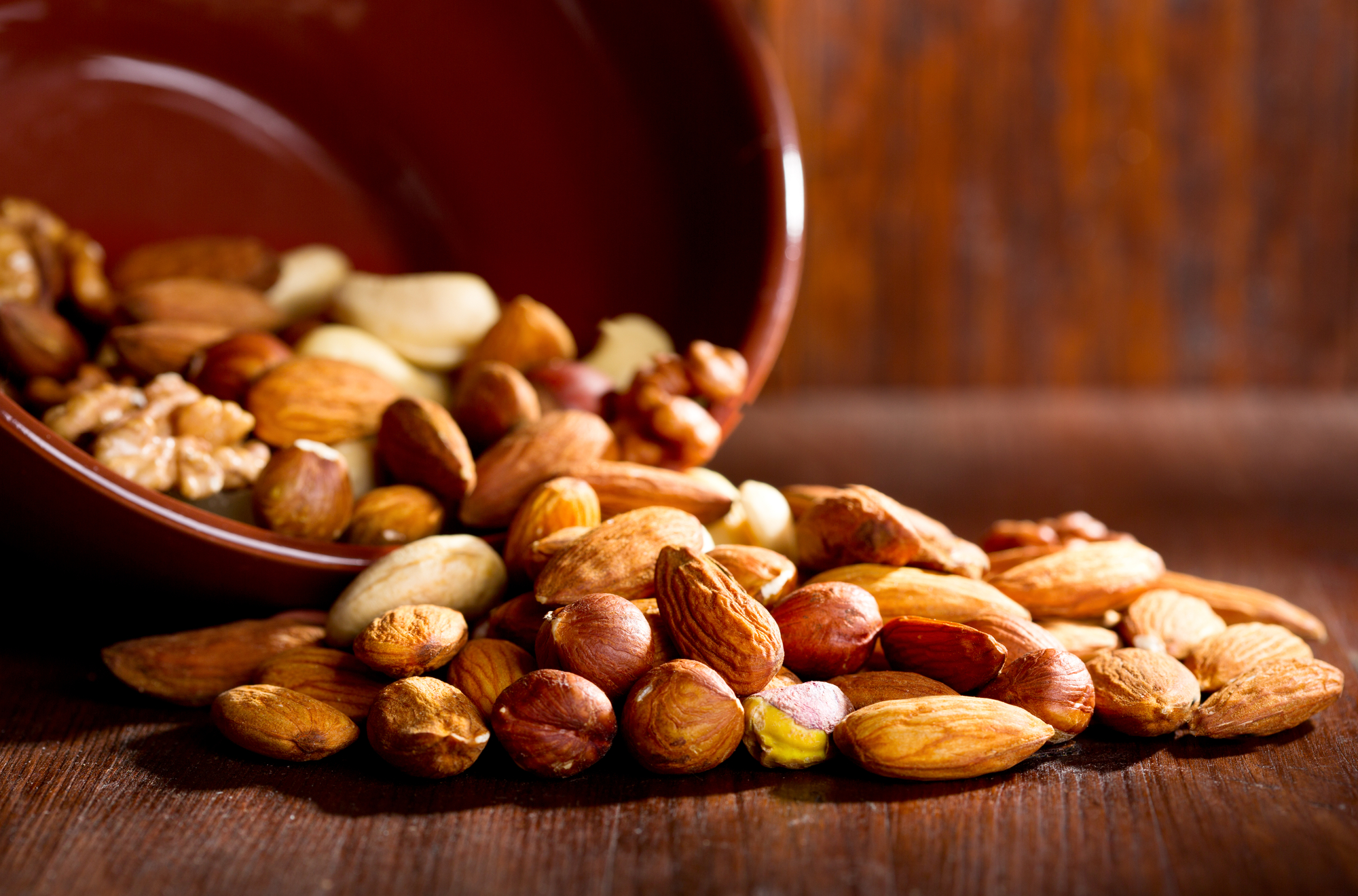Everyone loves being curled up in bed during winter with a warm cup of tea. But with the sniffles as well? Not so ideal, right? There are a number of nutrients that may boost your immune system and help you fight of that nasty flu. Did you know that nutrient deficiencies could compromise the efficiency of your immune system, especially as you get older?
Some essential vitamins and minerals that may be important for boosting immunity include vitamin D, vitamin C, vitamin E, zinc and selenium. There are other potential components of the diet that we’ll discuss such as lactoferrin, green tea compounds and elderberry.
Vitamin D
Vitamin D deficiencies have been associated with poor immunity and may increase your risks of the flu and respiratory infections. In fact, vitamin D supplementation may reduce your risks of respiratory infections and improve immunity.
In addition, adequate vitamin D consumption is essential during pregnancy as it may improve your baby’s immune system, and assist to prevent development of respiratory diseases throughout life.
Fatty fish such as salmon is a good source of vitamin D.
Vitamin E
Vitamin E is an antioxidant that forms a major component of the body, including immune cells. Vitamin E protects these cells by protecting fatty acids that surround the immune cells from becoming damaged.
Although vitamin E deficiencies are rare, they can affect your ability to fight colds and flus. Immune cells produce something called antibodies, which help you to fight viruses. Impaired production of antibodies can compromise our immune system. Eating a diet rich in nuts, whole grains and extra virgin olive oil (EVOO) may reduce your risks of a vitamin E deficiency.
Vitamin C
Vitamin C acts as an antioxidant, which helps to minimise damage to the cells in your body. Compounds that cause damage within the body react with immune cells, which can impair their ability to fight off viruses.
Research suggests that consumption of an additional 200mg of vitamin C daily is effective for reducing severity and duration of a common cold or flu. You can increase your vitamin C intake by including a range of fruit and vegetables in your diet.
Zinc
Zinc is important for the growth and development of new immune cells to support boosting immunity. More immune cells in your body means that your immune system is ready to fight and can more efficiently slow the spread of a virus.
Immune cells are important for attacking and destroying viruses so making sure you’re consuming adequate zinc is essential to optimise your immune health. Zinc is found in nuts, whole grains and legumes.
Selenium
Selenium may reduce risks of infection and flu by slowing the growth and spread of viruses like influenza. Although selenium deficiencies are rare, they have been associated with accelerated growth and spread of influenza.
Selenium protects immune cells from damage, which keeps them healthy and improves their ability to communicate so they can combat viruses effectively.
Fatty fish is high in selenium.
Lactoferrin
Lactoferrin is a protein found in cow’s milk, which plays an important role in boosting immunity by stopping viruses from attacking the body’s cells. There are other proteins in the body that actually allow viruses to attack the body. However, lactoferrin disables the actions of these proteins, further protecting the body from being affected by viruses.
What else?
In addition to these six powerful nutrients, there is some evidence regarding the effects of green tea and elderberry for preventing the flu and strengthening the immune system, however there are limited studies surrounding this kind of research. Here’s what we know so far.
Green Tea
Green tea contains compounds that may reduce risks of influenza by slowing the spread of a virus, while also improving the functioning of immune cells.
These compounds in green tea are called catechin and theanine. A study found that daily consumption of 378mg of catechins and 210mg of theanine from green tea for 5 months might improve immunity and prevent influenza. This study found that people who did not consume green tea were 10% more likely to get the flu, compared to those who consumed green tea. There is limited evidence regarding the efficacy of green tea for boosting immunity.
Elderberry
Elderberry has been traditionally used in herbal medicine for a range of immune conditions, including flu prevention. It is believed that elderberry slows the spread of a virus, giving immune cells more time to attack the virus. Elderberry may be protective against several strains of influenza however supporting evidence is limited. A study from 2010 suggests that there is little evidence regarding effectiveness of elderberry for improving the immune system.
Take home messages…
A diet rich in fruit and vegetables is likely to boost immunity and reduce risks of the flu.
- Consuming nuts and whole grains every day can help fight infection.
- Regular consumption of cow’s milk can slow the spread of a virus.
- Green tea and elderberry may be useful, but I wouldn’t rely on these alone!
For information on how to improve your immunity through your diet, head to Nourish with Melanie and watch ‘7 foods to boost immunity.’
You may also like to read:









